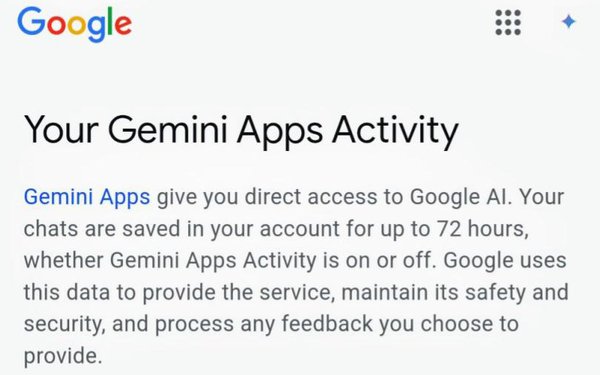Commentary
Gemini Filters Could Put A Wrinkle In Advertising, Earned Media
- by Laurie Sullivan , Staff Writer @lauriesullivan, December 27, 2024

If Google adds content filters to Gemini that allow users to control what they see in query results, it could make it more difficult for advertisers, brands and publishers to reach target audiences through AI.
One benefit, of course, from targeting a wider audience is reaching consumers who were not aware of your products or did not realize they wanted them.
On the flip side, narrowing content or adding filters will save advertisers money, and save consumers from being bombarded with unwanted ads or messages.
Filters are one way that Gemini may soon give advertisers less ways to reach consumers, but provide users with more control over the content seen.
Stagwell’s media company Assembly predicts that searches leading with the phrase “do I need” or “should I” surged between 65% and 85%.
advertisement
advertisement
The company, which works with agencies such as 72andSunny, Code and Theory and Allison+Partners, says this signals a shift in how people seek personalized information.
If Google implements a content filter for Gemini, that filter could become a benefit or deterrent for brands looking to expand a customer base. Giving consumers a choice on whether or not to filter content would be a better outcome for advertisers and earned media experts, like those supporting SEO.
Delving into Google app for Android — 15.51.24.sa.arm64 beta — which is how Android Authority wrote the number when reporting on the not publicly available version, researchers were able to activate this options under Gemini settings. The setting reportedly appears to provide the ability to filter Gemini output by content.
The inference was made based on what is known about Gemini.
Jim Yu, CEO at BrightEdge, said “advertisers will need to adapt to heightened competition as the race for limited search real estate will escalate. To stand out, they will need to craft highly relevant and targeted ads to effectively engage audiences.
It will require advertisers to adapt to new formats to stay relevant, as AI can now use multiple content formats to generate an answer. This shift may involve designing conversational ad copy and visually compelling content that complements the evolving search experience.
“Marketers will need to adapt to the complexity of content optimization in an AI-driven search, though many have already done so,” Yu said, “Technical SEO techniques will be vital for visibility in Gemini's AI-driven results.”
AI needs signals that help marketers decide if the content is helpful, unique, and informative. In a multi-model world, this means schema tags about a brand's company, products, images, videos, overall site content structure, types, and more, Yu said.
Yu believes it’s very likely filtering capabilities will follow a simplified version of the filtering that exists for developers now using the Gemini API, which include Safety Filters - assess content based on the following Harm Categories such as Hate Speech, Harassment, Sexually Explicit, and Dangerous Content.
It makes sense as it looks to support its users and, perhaps, implement something similar to My Ad Center.
In My Ad Center users can customize their ad experience by turning off or on personalized ads, limit ads about sensitive topics, and permanently delete data tied to what they do across Google’s network of sites.
Google last modified formal generative AI prohibited use policies for Gemini on December 17, 2024, as well as goals for sorting content that should be avoided such as threats to child safety and dangerous activities.
Gemini safety settings that are intended for developers provide control over several “harm categories” including hate speech, harassment, and sexually explicit content—all pointed to by Android Authority.



